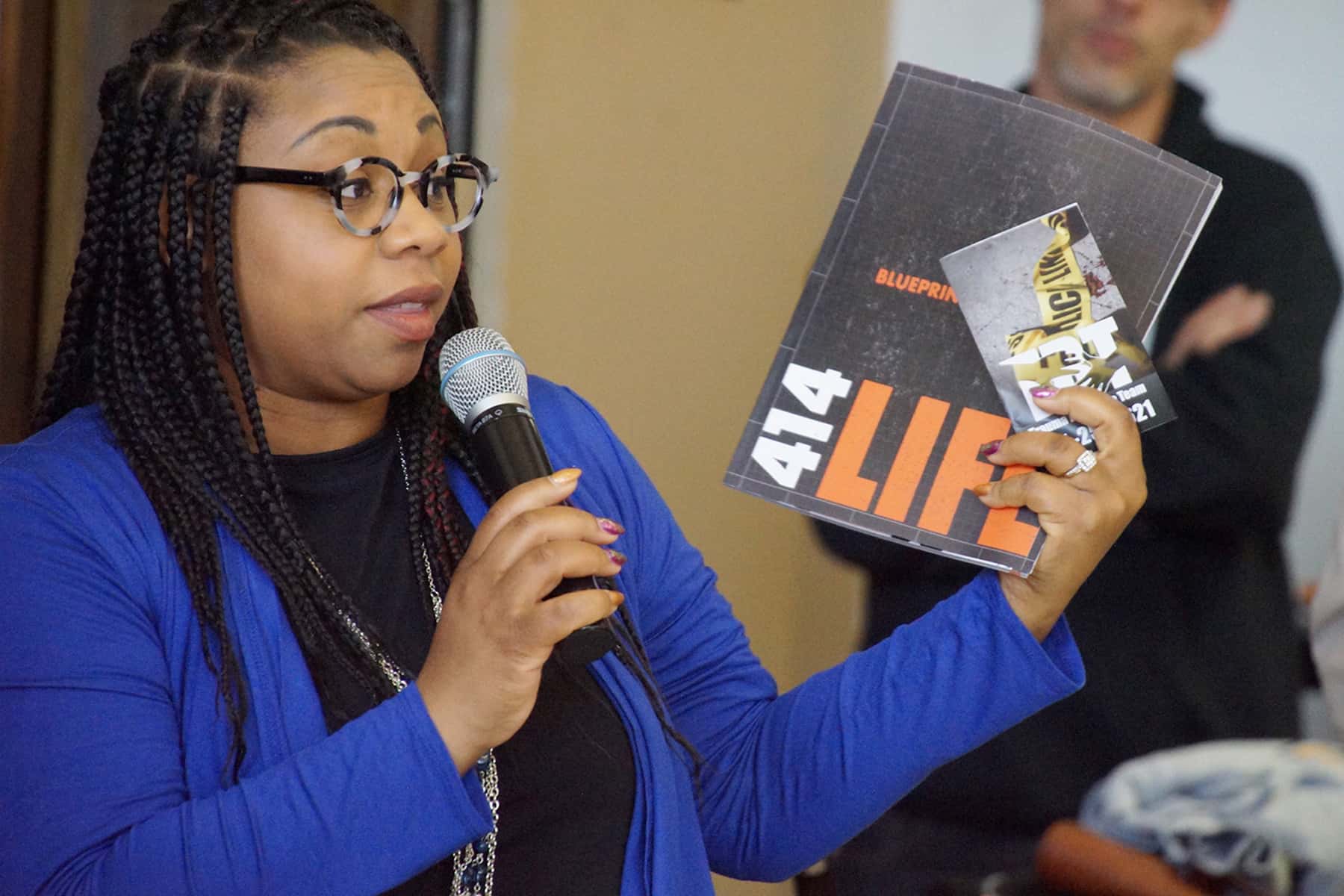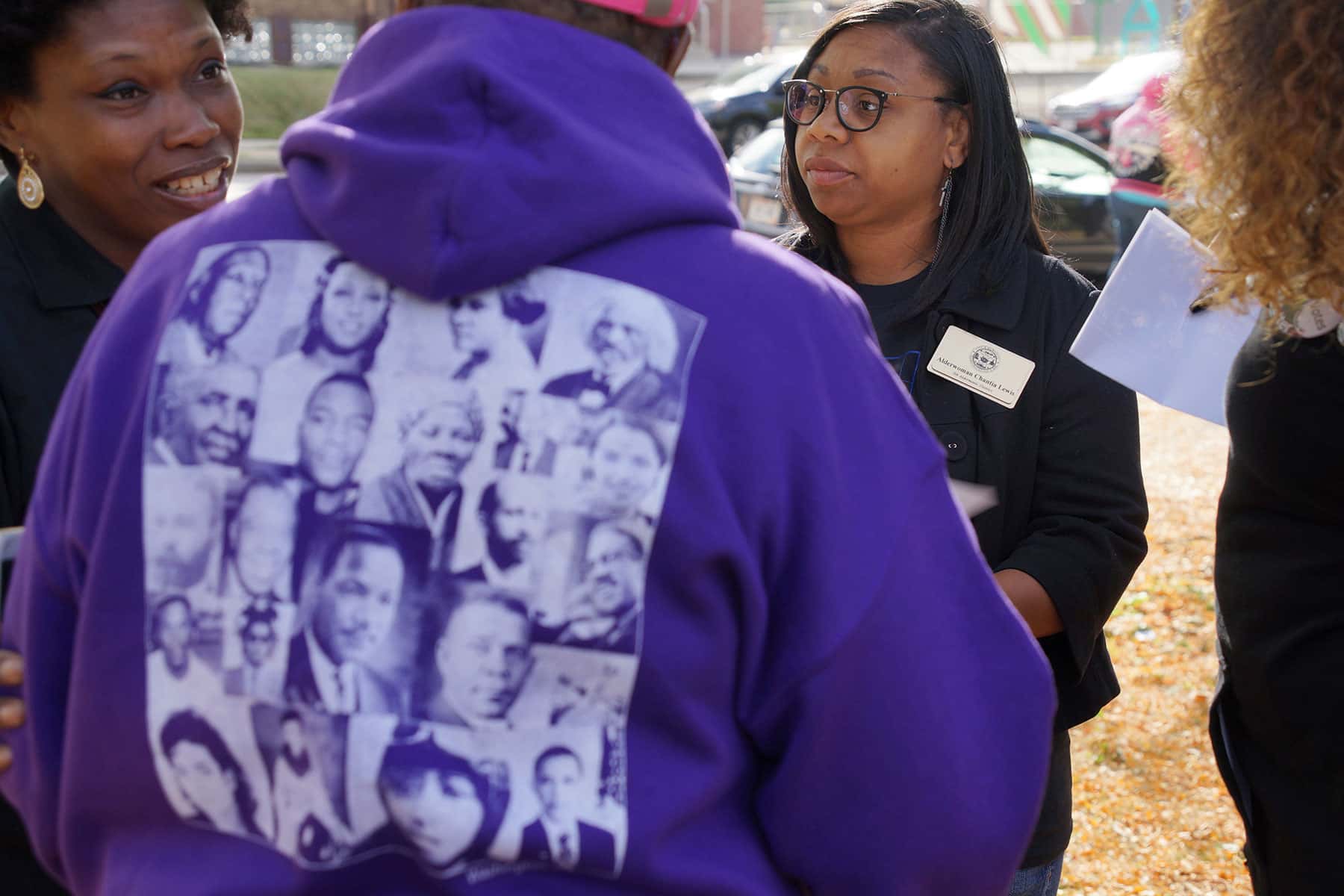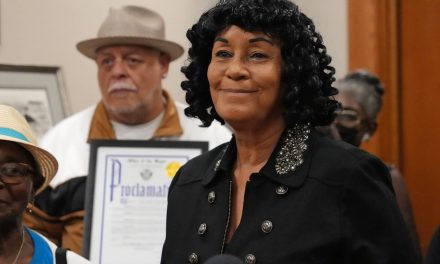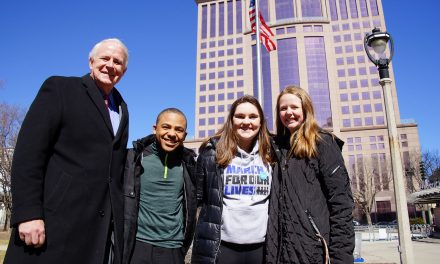
“On October 31, the Finance and Personnel Committee voted 3-2 to recommend for approval a bold budget amendment I sponsored that would create a pilot program to provide $500 monthly basic income stipends to families in Milwaukee.” – Alderwoman Chantia Lewis
“The amendment – requesting the Department of Administration to create a new SEED pilot program special fund of $100,000 – would be offset by foregoing computer replacement in the Police Department (for a total of $100,000). The intent of my amendment is to create a universal basic income program based on the Stockton, California model.
I am proposing this amendment to create a critical pilot program to reinvest in our people. Starting small with 50 families over the course of 18 months, and focusing on low-income and working class people living in ZIP codes where the average income is at or below the poverty line, residents will receive monthly stipends of $500 per month with the ability to spend it however they choose. Importantly, we will provide them with financial literacy and resources so they can be set up for success long after their program period has expired.
If the amendment is adopted by the full Common Council and becomes law, there will be community meetings to discuss program parameters and the overall structure of this initiative. I was motivated to offer the amendment after hearing moving testimony at the October 7 joint public hearing on the budget.
One of the statements from the hearing that replays in my head is when a young father training at a construction company said, “I work hard every day, pay taxes to help this city, but where is my help? I need some help too.” That statement stayed with me and it made me want to dig deeper to see what could be done to help. I learned about a basic income pilot program that Mayor Tubbs of Stockton implemented for residents.
Similar to Milwaukee, Stockton was plagued with issue after issue, bad statistic after bad statistic. Mayor Tubbs is quoted in an article saying: “Historically, Stockton has been a place that people run from, rather than come back to,” he said. And for Mayor Tubbs and so many other residents of Stockton, the government “was not something we had warm feelings for,” he said.
Government, after all, was what red-lined diverse communities like Stockton to limit opportunities for people of color; government and politicians advanced policies like the war on drugs that led to high rates of incarceration in communities like his own, and government developed school funding formulas that disinvested in public educational institutions in places like Stockton.
That’s what we heard from the community at the public hearing. We need to do more for our working class and working poor, we need to think creatively and not accept business as usual. Systemic racism in our city and conditions that our community members face every single day is not by happenstance, but by design. And just as it was designed, we as policy makers have the awesome responsibility to reshape the narrative and reality that our community faces every single day.
Ultimately, cities cannot do it on their own (Alaska, Oakland, Stockton). A fully implemented national- or state-level UBI (universal basic income) will need a large level of support from all levels of government. But from this research, it’s clear that cities are uniquely positioned to lead the nation forward through innovation and ferocious experimentation.
By piloting and implementing bold solutions like UBI, cities will be able to show what works as our workforce changes, and move the needle toward shared success.”
Alderwoman Chantia Lewis
Lee Matz















